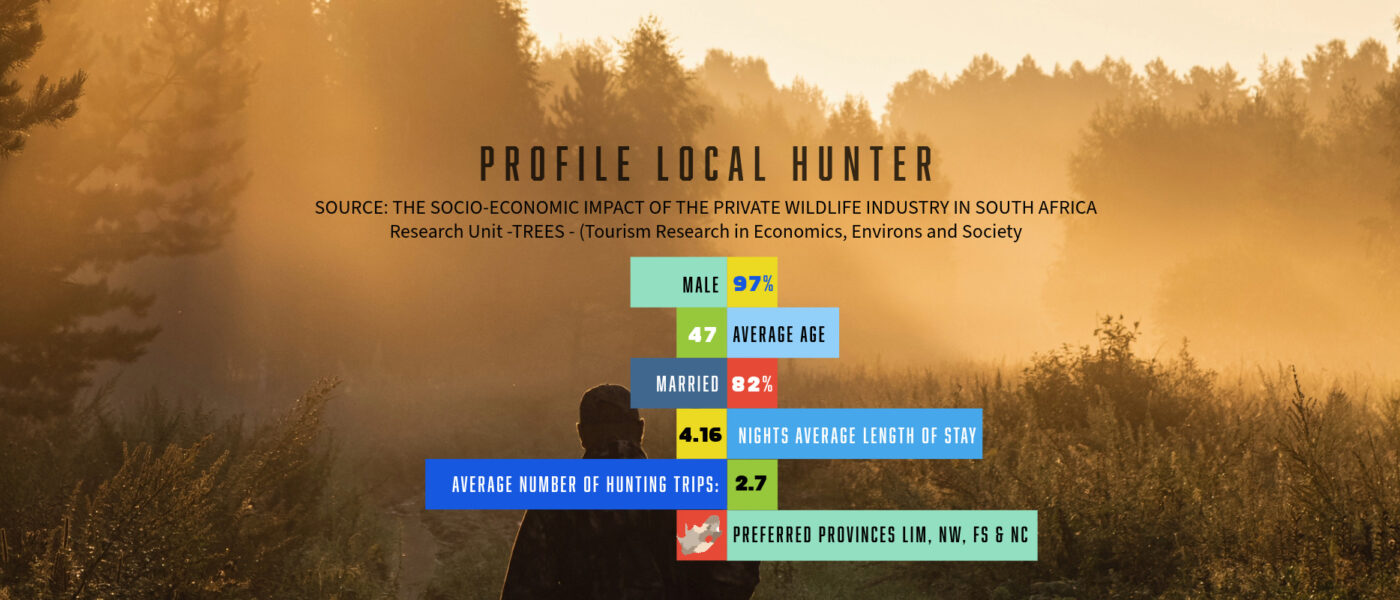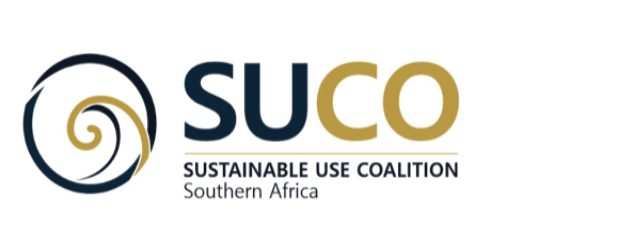R15.456 Billion: Private Game Hunting Means Big Money
The South African private game hunting industry is one that should be cherished. This was once again highlighted by research conducted by the research unit for Tourism Research in Economics, the Environment, and Society (TREES), led by Prof. Peet van der Merwe, Andrea Saayman, and Elmarie Slabbert. The research revealed that the industry injects billions of rand into South Africa’s economy.
The aim of the research was to determine the socio-economic impact of the private game industry in South Africa, with surveys conducted from June 2022 to August 2022. Questionnaires were distributed online and garnered responses from 1,685 local hunters and 415 international hunters.
Regarding local hunters, 97% of the respondents were male, with an average age of 47, and 82% of them were married. On average, they participated in 2.7 hunting trips per year and stayed 4.16 nights at their preferred destination. Their preferred provincial destinations were, in order: Limpopo, North West, the Free State, and the Northern Cape.
The profile of the international hunters showed that 89% were male, with an average age of 57 years. Of these, 81% were married, and they had hunted in South Africa at least three times in the past ten years. Their preferred province was also Limpopo, followed by the Eastern Cape, the Free State, and the Northern Cape.
South African hunters each had a total annual expenditure of R63,282. This figure includes accommodation, transport, food, meat processing, hunting permits, fees, and the game that was hunted. With an estimated 200,000 local hunters, it can be inferred that they contributed approximately R12.65 billion to the South African economy.
As for international hunters, not all of their expenses occur within the country’s borders. For example, there are international flights, shipping costs for trophies, and the purchase of items like clothing before they come to South Africa. However, by adjusting these figures and considering that there are additional expenditures before and after the tour, the amount per hunter per hunting trip that goes into our local economy is R450,000.
Local and international hunters collectively contribute R15.456 billion to our economy.
However, the benefits do not stop there.
More than 80% of local hunters believe that hunting tourism generates more income for the communities involved, that hunting tourism increases job opportunities within the specific hunting areas, that hunting tourism boosts the economy as well as the standard of living in the area, and that it helps preserve cultural traditions for future generations.
Since the last comprehensive survey conducted by TREES, the private game industry has shown an increase of R1.81 billion, although the rand/dollar exchange rate and an increase in the cost of living have contributed to this figure.
“The private game industry is not just an essential part of the country’s tourism offering, but also an integral part of our economy. Its value cannot be underestimated, and we must do everything we can to preserve, promote, and expand it. As a tool for job creation and conservation, we must seize the multitude of opportunities that the industry has to offer,” says Prof. Peet van der Merwe, an expert on nature and ecotourism at TREES.
Well, that’s a bullseye for the South African economy.




